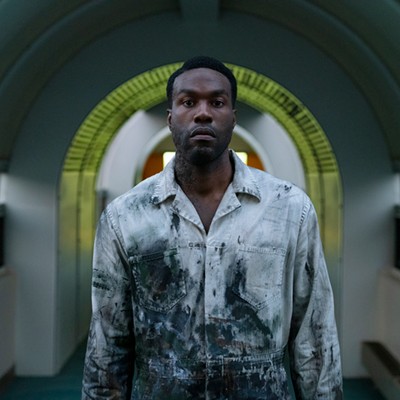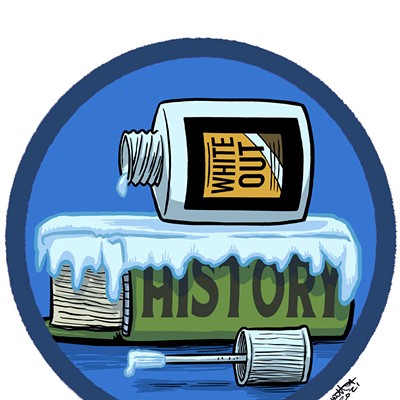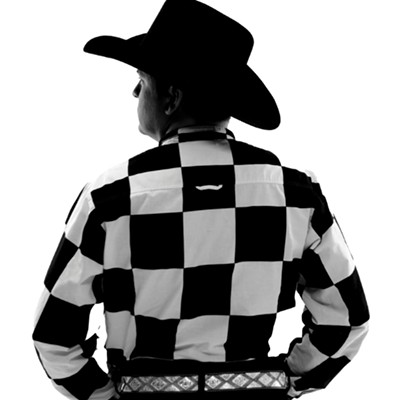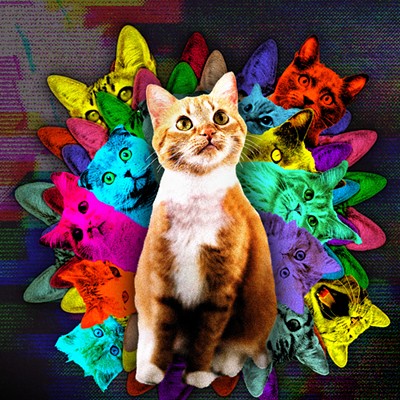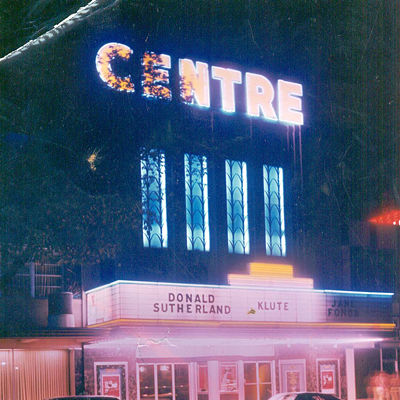Two vehicles for James Cagney anchor the box: 1931's The Public Enemy and 1949's White Heat. Today, he remains indelibly associated with tough-guy roles, and it's easy to see why. In the former, he demonstrates his might and power with a grapefruit; in the latter, he makes an electrifying exit with the immortal cry of "Top of the world, Ma!"
Edward G. Robinson also is forever identified with mobster parts, primarily because of 1931's Little Caesar. While it's arguably the weakest of the Ultimate offerings, his ugly mug has a certain something that commands the screen. It's an undefinable quality that Humphrey Bogart also possessed, so much so that he stole The Petrified Forest right out from under its real star, Leslie Howard (who?); the 1936 film completes the set.
For those of us far too young to have seen these films in their inaugural runs, Warner Bros. Home Video has gone to great lengths to replicate the theatrical experience of the time. All four titles come with the supplemental Warner Night at the Movies; introduced by critic/historian Leonard Maltin, each offers a mix of newsreels, cartoons, live-action shorts and trailers from the year of their respective feature. Play this content before the main event and you'll feel like all you're missing is the bottom half of a double bill ... but you can switch discs for that.
A bonus disc showcases Public Enemies: The Golden Age of the Gangster Film, a feature-length documentary that relays the lively history of these oldies and the genre at large. Among those paying tribute in interview segments are Maltin and Martin Scorsese. As if the whole set didn't contain enough Looney Tunes and Merrie Melodies already, four more are thrown in here for good measure.
A companion set exists in Ultimate Gangsters Collection: Contemporary, containing five modern classics: Michael Mann's Heat, Brian De Palma's The Untouchables and a Scorsese trifecta in Mean Streets, Goodfellas and The Departed. Film buffs are more likely to have these titles in their collection already; if not, they carry over the extras of their previous releases. A standout among those is the Scorsese on Scorsese, a career retrospective. —Rod Lott

